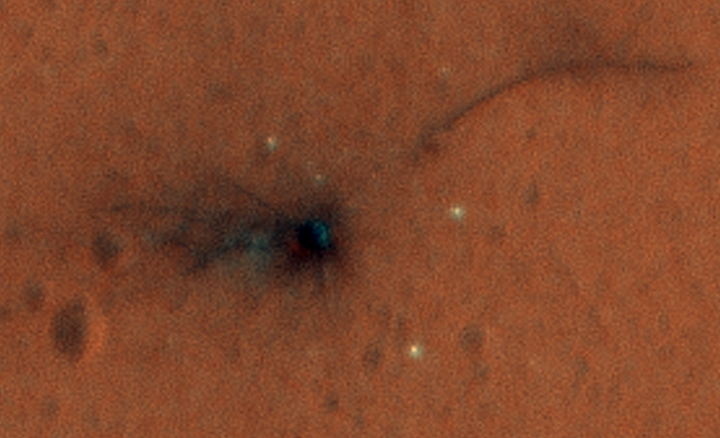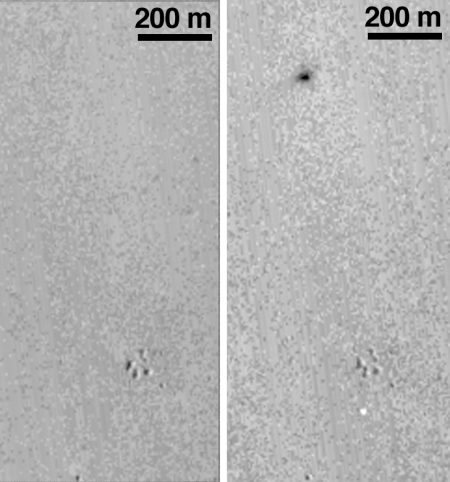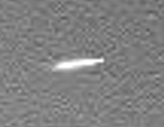Dispute in ESA over Schiaparelli failure
Prior to the release of ESA’s preliminary report on the failure of Schiaparelli, the Italian space agency had claimed the problem was caused by the failure of a Romanian subcontractor to do sufficient simulations and testing.
ESA released the preliminary conclusions after the Italian Space Agency had accused that the decisive tests for the Sciaparelli lander simulations had been entrusted to an organization “which hadn’t enough expertize”. It’s about Arca Space Romanian company, based in Las Cruces, USA, as La Repubblica reported.
In retort, the Arca Space Corporation manager, Dumitru Popescu warned the Italian space agency to be more careful, as they don’t have proves to support their accusations. “They could pay the price. We are at ease that we did all we could do: to run a specific test we should have flown very closely to the Russian base in Sevastopol. Russia has just annexed Crimea and we risked generating a conflict between the Russian Federation and NATO,” the Romanian manager argued.
There is something fishy here, but I’m not sure what. That they didn’t do a test because they feared instigating an international incident with Russia does not seem right. In fact, this whole story suggests that the very management structure of ESA, designed to spread work to as many of its partner nations as possible, is the fundamental source of the problem.
Hat tip reader Local Fluff.
Prior to the release of ESA’s preliminary report on the failure of Schiaparelli, the Italian space agency had claimed the problem was caused by the failure of a Romanian subcontractor to do sufficient simulations and testing.
ESA released the preliminary conclusions after the Italian Space Agency had accused that the decisive tests for the Sciaparelli lander simulations had been entrusted to an organization “which hadn’t enough expertize”. It’s about Arca Space Romanian company, based in Las Cruces, USA, as La Repubblica reported.
In retort, the Arca Space Corporation manager, Dumitru Popescu warned the Italian space agency to be more careful, as they don’t have proves to support their accusations. “They could pay the price. We are at ease that we did all we could do: to run a specific test we should have flown very closely to the Russian base in Sevastopol. Russia has just annexed Crimea and we risked generating a conflict between the Russian Federation and NATO,” the Romanian manager argued.
There is something fishy here, but I’m not sure what. That they didn’t do a test because they feared instigating an international incident with Russia does not seem right. In fact, this whole story suggests that the very management structure of ESA, designed to spread work to as many of its partner nations as possible, is the fundamental source of the problem.
Hat tip reader Local Fluff.




